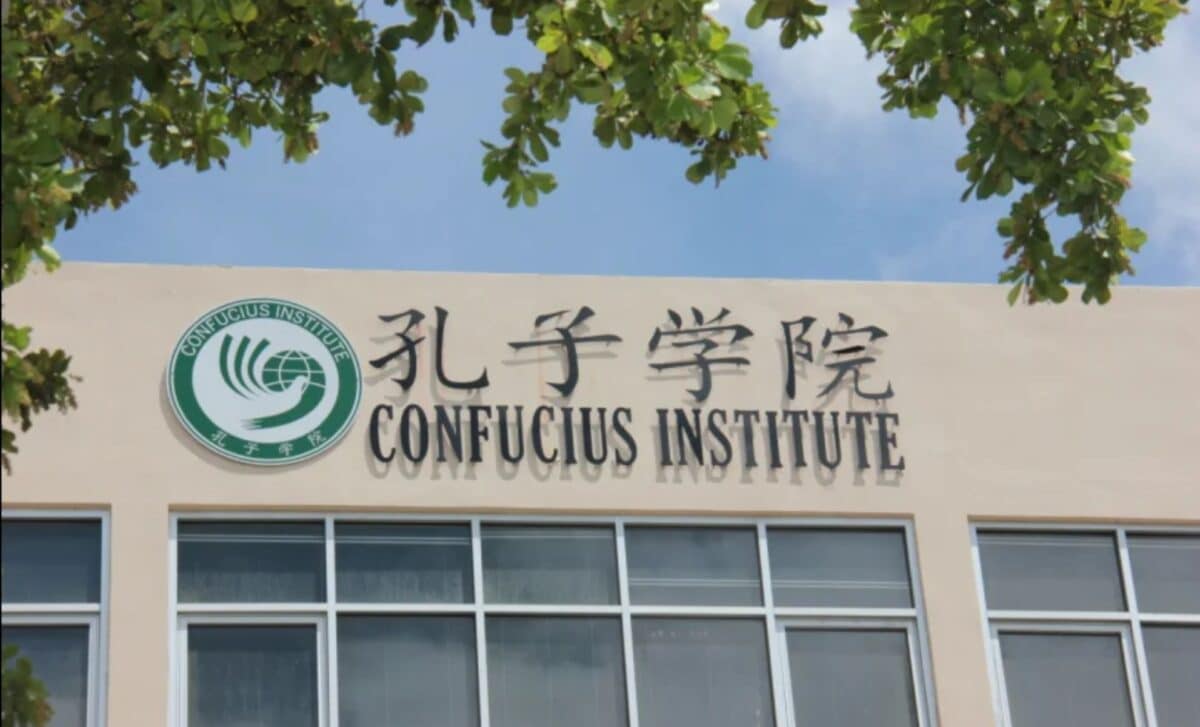Australia’s university sector is undergoing a quiet yet notable shift in its approach to international partnerships, with several leading institutions opting to end long-standing collaborations with China-linked Confucius Institutes.
These closures mark a significant turn in academic diplomacy as concerns over foreign influence, transparency, and institutional independence continue to rise.
While the institutes have historically been promoted as platforms for language and cultural exchange, they have also drawn criticism over alleged political influence and censorship.
The recent wave of closures signals how evolving geopolitical tensions and increased regulatory scrutiny are reshaping the educational landscape in Australia.
Australian Universities End Partnerships With Confucius Institutes
Six major Australian universities have now officially closed their Confucius Institutes, educational centres funded by the Chinese government to promote Chinese language and culture.
The decision follows sustained government pressure and mounting concern over potential foreign interference, though no formal directive was issued requiring closures.
The University of Melbourne, University of Queensland (UQ), University of New South Wales (UNSW), University of Western Australia (UWA) and, unofficially, Adelaide University, have all ceased operations of their institutes.
According to the ABC, these closures occurred quietly over the past two years, reflecting a cautious response to the Australian government’s recommendation against new partnerships.
Contracts Quietly Lapse as Universities Reassess Partnerships
According to statements from university spokespersons, most closures were the result of contracts simply not being renewed.
The University of Melbourne confirmed its agreement with Nanjing University concluded in August 2023, citing no need to renew. UQ ended its partnership with Tianjin University at the close of the previous year.
UNSW stated its agreement had “lapsed in 2022” and that the decision not to renew was mutual and primarily due to COVID-19 disruptions. UWA gave a similar explanation, pointing to “ongoing disruptions from COVID-related border closures” as the reason behind its institute’s 2023 shutdown.
Although Adelaide University did not confirm the closure, attempts to contact its Confucius Institute returned an automated response indicating it had not been active for some time.
The university noted its continued commitment to language and cultural education through broader programmes not tied to the Chinese government.
Government Oversight and International Pressures
The closures align with increased federal scrutiny of Confucius Institutes in Australia. The Department of Foreign Affairs and Trade has expressed concerns about the centres’ potential to compromise academic independence and monitor Chinese students abroad.
While officials made clear that universities were not ordered to shut the centres, expectations around transparency and caution were conveyed.
A federal spokesperson stated that the Foreign Minister had “conveyed her expectation” that no new institutes should be established. Some centres have since been registered under the Foreign Influence Transparency Scheme, a legal requirement introduced to monitor foreign affiliations.
Academic experts suggest that diplomatic tension and influence from allies, particularly the United States, may also be contributing factors. According to Dr Jeffrey Gil of Flinders University, institutions may be acting preemptively to avoid reputational risks or funding complications tied to associations with Chinese entities.
Seven Confucius Institutes remain operational in Australia, including at the University of Sydney, Griffith University, and La Trobe University, with some under review as contracts approach renewal dates.









